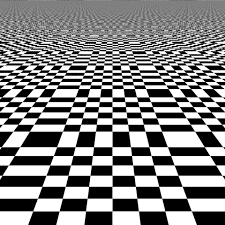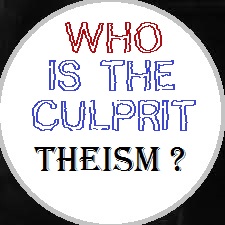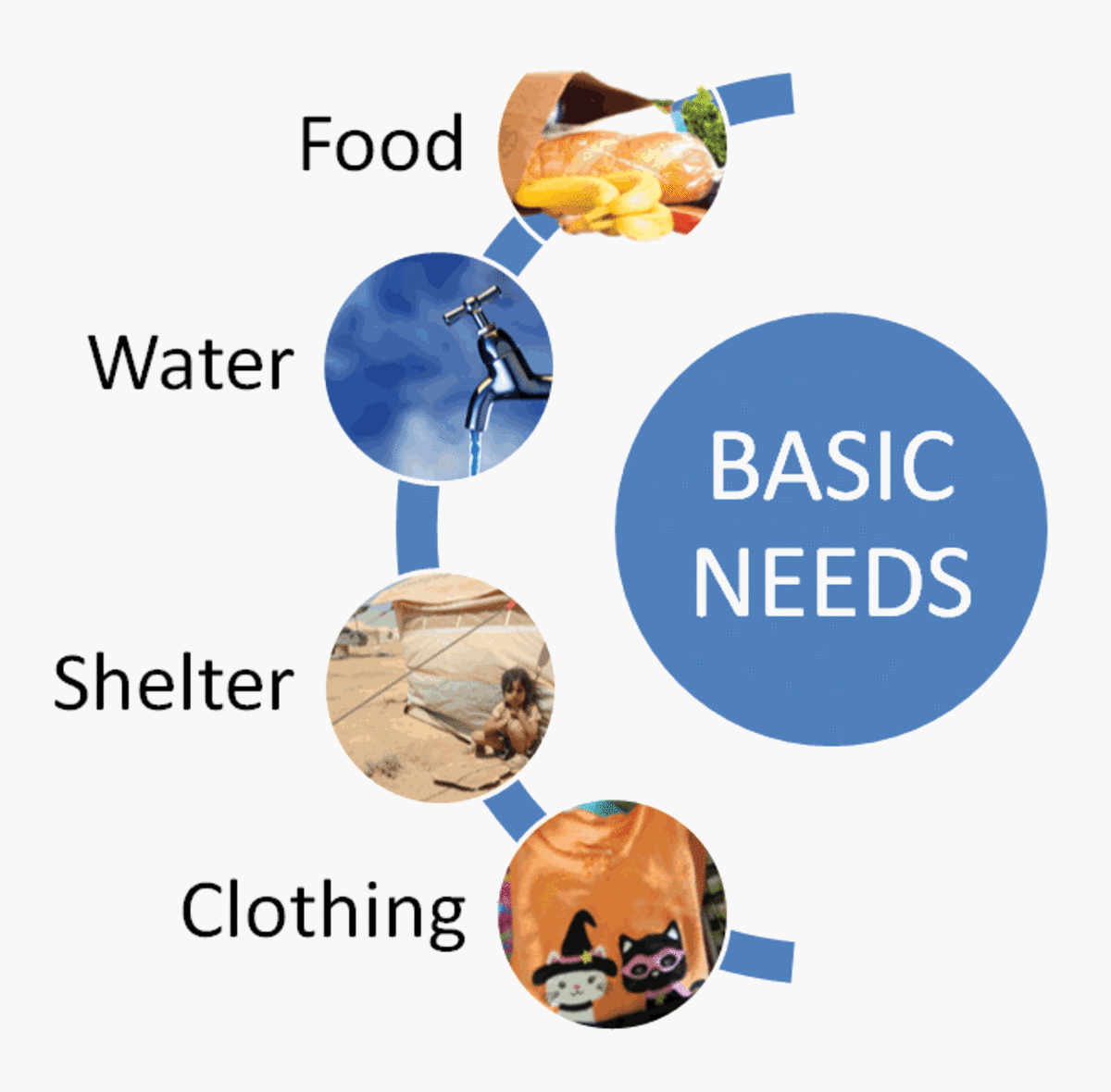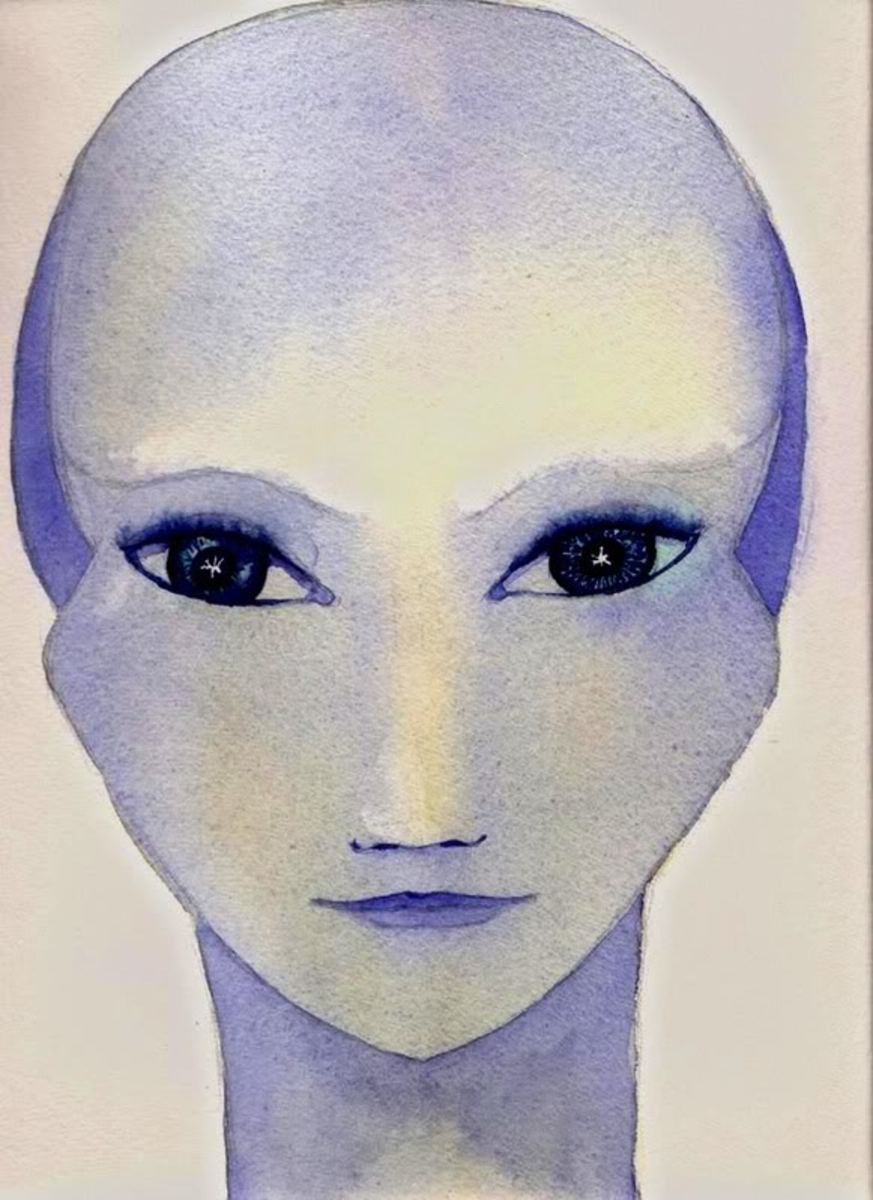Why Are Our Societies Turbulent?
A significant question
No human society is ever in equilibrium, except, perhaps for brief periods. Even when it is, it is in unstable equilibrium. Otherwise, any minor mishap, like a cartoon, wouldn’t have been enough to drive the populace to a great frenzy.
What is taking human society away from equilibrium? There is no single answer. Different causes are constantly being proposed for each society, and one or a few among those will get widely accepted. And the one who happens to have proposed the reigning cause, takes leadership of the society.
Why are we not able to find a clear answer to this? Are we asking the right questions?
I think our society is not in equilibrium as we are not at peace with ourselves. And we are thus, because we are yet to realize our role as a species. At the heart of it is this question, what are we?
Philosophers have been behind an answer, since time immemorial. So also been our religions, social reformers, scientists or artists. But, I think we should have been asking another question.
Is it possible to know, what we are?
A Relevant Story
Let me begin with a Japanese story
There was a frog that was born in a well. The frog was very proud of the fact that he was the biggest creature in the well.
As a result, the frog believed he was invincible, and one day, he made up his mind to leave the well. Eventually, he ends up in the ocean and realizes, in the grand scheme of things, he is much smaller than he thought.
Like other Japanese idioms, this is a reminder that there are many other things beyond the world you live in.
And we got the message, just as the frog shouldn’t have been thinking they are the biggest or the best in the world, we also need to be more inclusive.

What can we learn from this?
Let us go back to the frog. Assuming that it was a highly intelligent frog, its ideas about the tiny world inside the well would have been more or less correct, though it would have been in the dark about everything else.
Like the frog, we humans are also in a well. But unlike the frog, we are actually in two wells.
One well, of course is our mind, which effectively is our life. We cannot know what we are, unless we visualize ourselves through something other than our mind.


The other one is our universe. We are inside our universe. What we perceive about it can at best be like the frog’s appreciation of its abode, the well.
How do we confront those
Our ideas, both about universe, and of life, therefore are only the ideas we perceive about certain virtual projections. This has to be so, since we have no way of observing these things from the ‘outside’ of it. So also are the social institutions that gets erected for each such projection, the most potent ones being religion and race. And also, we have a large multitude of establishments covering many other facets of our society, like political parties, cultural groups, and national organizations, all for manipulating these virtual projections.
Beyond all this is the fact that we get a different idea for every change in view, which keeps evolving as time flows, as it had been since the beginning of modern era. In short, there is something missing in our appreciation of things.
The way we confront the questions of life more or less supports the above. As one can clearly see, on all matters within our universe, like, our geography, other forms of life, and movement of heavenly bodies, our ideas seem to be based on rational thinking. And we are more than eager to question those ideas and effect changes, whenever necessary. Whereas, on all abstract matters, like, love, god, fear etc., our approach seems to be lacking a sense of reason. (It is a different matter that we celebrate the ‘lack of reason’ as a great thing!) And this is notwithstanding the fact that the human race is put to constant misery on account of these entities.
What does this indicate? Why is that about some things in universe, we insist on sound, logical ideas; while, about some other things, we maintain hazy, half cooked notions and be happy about it?

The Final Answer
I think by attempting to rationalize the hazy notions with the help of theism, we have been losing a great opportunity to add to our knowledge. For, from the above discussion, it is clear that, as in the case of mind, we can’t have a real idea of universe, unless we look at our universe from outside the universe. Therefore it can be inferred that, whatever we see now about our universe is at best, a projection, and the ideas we hold about universal entities are doomed to be irrational. (Had we not rationalized those rudimentary ideas, by now we could have discovered ways to circumvent this. And we are dutifully continuing with those ideas, altering them as necessary for suiting the current ambience, making, any chance of future corrections also, quite remote.)
This I think is the reason; we have an unending stream of abstract notions capable of bringing turbulence to any group, society, or nation. These notions can neither help us to reach to any conclusion nor can be challenged on merits, since these are fundamentally irrational.
Where do I stand
Humans are always rational
What can be done
If abstract notions are the cause, let us see what exactly these are, and what does it do? More importantly, how to get rid of these?
The difference between the abstract and the real is this. If we think about real things (not all people can think of all things!), something reckonable shall result. And that result will bring the thinking process to a logical conclusion. Whereas if we think about abstract things (anybody can think about anything!), nothing reckonable need to result. And the thinking process can continue. However, such thinking may result in variations to the prevailing atmosphere of society, either towards harmony or leading to disharmony.
So, what we can do is this. We need to start having suitable abstract notions in our society, which can keep our populace perpetually engaged. Notions, which cannot give rise to expressions of disharmony or violence, even after repetitive rounds of thinking.
Presently, it is our material need that is controlling our thinking process about real things. And we have no control over the irrational. We need to devise ways and means to control our thinking process about irrational things.








